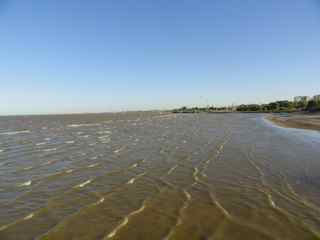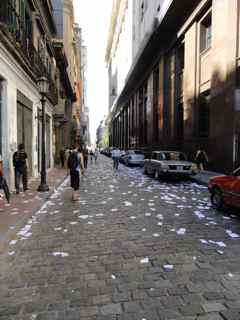- Home Exchange
- Vacation Rentals
- B&B
Choose from over 15 000 listings worldwide! Join our worldwide network today!
Subscribe to Newsletter
Enter your email address below and click GO
| Blog | |||||||||||||||||||||||||||||||
|
301 Moved Permanently |
||||||||||||||||||||||||||||||
Testimonials
Hi there from sunny Brunswick Heads, Australia
Have had a successful change to Alaska in '09 through your site and have another arranged for Nova Scotia later this year. Plus I am hosting someone from Reunion Island in April - all through your free site. Excellent!
More testimonialsnew members
-
Netherlands, Amsterdam
Home Exchange -
Israel, Jerusalem
Vacation Rentals -
United States, Wake Forest
Home Exchange -
United States, New York City
Home Exchange -
United States, Sevierville
Home Exchange -
United States, New York
Home Exchange -
Sweden, Farila
Homestay -
Poland, Krakow
Home Exchange -
United States, Orderville, UT 84758
Home Exchange -
United States, San Luis Obispo
Home Exchange -
Spain, TARRAGONA
Home Exchange -
United States, NEW YORK
Home Exchange -
Italy, Valmozzola, Parma
Home Exchange -
Italy, Valmozzola, Parma
Vacation Rentals -
United States, Lake Forest Park
Home Exchange -
Portugal, Colares
Home Exchange -
United States, Laurel Spgs
Home Exchange -
Australia, Drouin
Home Exchange -
Israel, Petah Tiqva
Home Exchange -
Costa Rica, Cahuita / Puerto Viejo
Home Exchange -
United States, Bonita Springs
Home Exchange -
United States, New York
Home Exchange -
United States, Riverdale
Home Exchange -
Australia, Moss Vale
Home Exchange -
Croatia (Hrvatska), Split
Home Exchange -
Australia, DROUIN
Home Exchange -
United States, Zionsville
Home Exchange -
United States, San Francisco
Home Exchange -
Canada, Coquitlam
Homestay -
Canada, Panorama
Home Exchange

